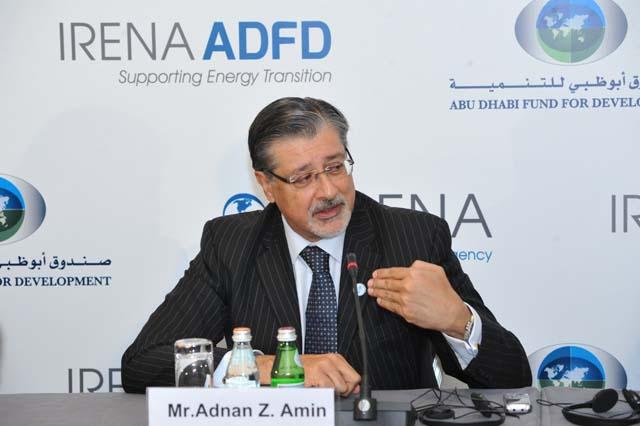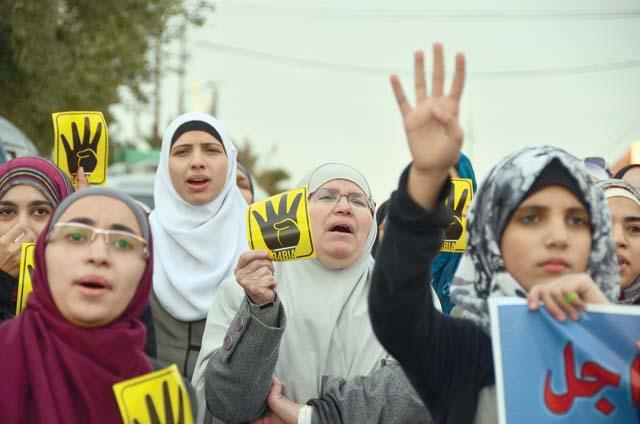AMMAN — The Jordan Atomic Energy Commission (JAEC) will sign an agreement with the Russian Federal Agency for Atomic Energy (Rosatom) in mid-February to develop Jordan’s first nuclear plant, its chairman said on Saturday.
In a statement carried by the Jordan News Agency, Petra, JAEC Chairman Khaled Toukan said the agreement will not be on building the nuclear plant, but will have to do with the developmental matters concerning the projected facility.
In parallel with these preparations, the commission will move ahead in its negotiations to sign agreements between the Jordanian and Russian governments to set the bases for the project.
Toukan said 51 per cent of the nuclear research reactor at the Jordan University of Science and Technology near Irbid has been completed.
In October last year, JAEC announced plans to construct twin 1,000-megawatt reactors in the Qusayr Amra region east of Amman.
It listed the site’s distance from major urban centres and proximity to the Khirbet Samra Wastewater Treatment Plant among its advantages.
The commission selected Russian state-owned firm Rosatom as the preferred vendor to construct the reactors by 2021.
Activists and local residents claim that the reactors threaten the underground aquifers in Azraq, some 15 kilometres from the proposed site.
The Russian company has agreed to take on 49 per cent of the plants’ $10 billion construction and operation costs on a build-own-operate basis, with the government shouldering the remaining 51 per cent and retaining a majority share in the plants.
In remarks to chief editors of major local dailies last week, Prime Minister Abdullah Ensour said the nuclear option has to be studied well and should not be ruled out without proper reasoning.
Nuclear energy can provide Jordan with almost one-third of its future needs of electric power and can cut costs by around one-third, the prime minister said.
People have to understand all issues related to the nuclear energy option, including costs and safety measures, he explained.
At a meeting with opponents of the nuclear project earlier this month, Ensour said the government will not take a decision on proceeding with the national nuclear programme until after some 20 months.
He said the government is open to all opinions regarding the plan.
“We are now in the stage of preparing the decision, which means holding deliberations and conducting technical and economic studies. We will not enforce a decision on Jordanians unless they are in favour of it,” he noted.
The premier urged economic experts to judge the project on the basis of its feasibility and its expected contribution to the economy, stressing that the government realises that those opposing the scheme have safety concerns or doubt its economic viability.















